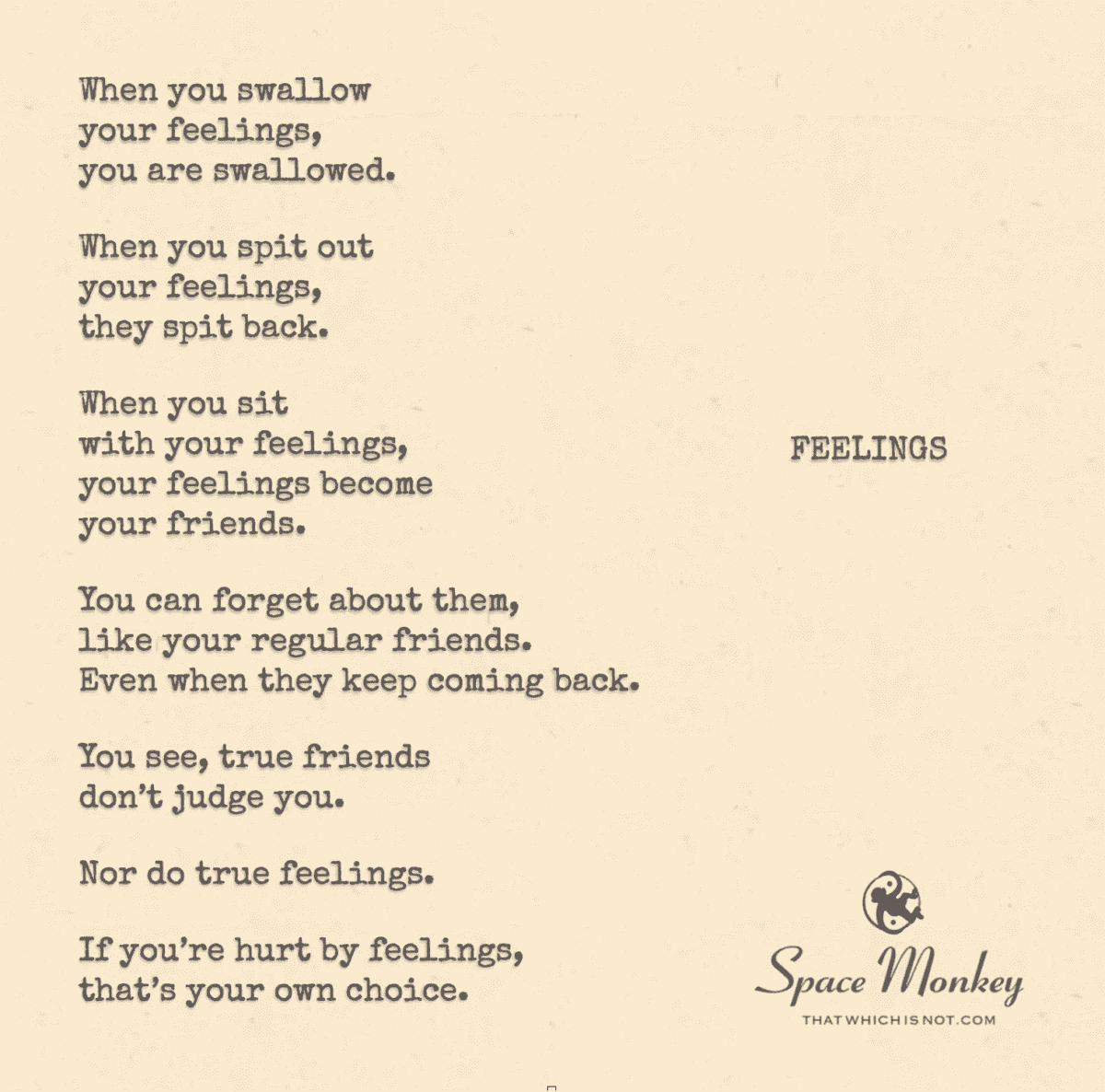
When you swallow
your feelings,
you are swallowed.
When you spit out
your feelings,
they spit back.
When you sit
with your feelings,
your feelings become
your friends.
You can forget about them,
like your regular friends.
Even when they keep coming back.
You see, true friends
don’t judge you.
Nor do true feelings.
If you’re hurt by feelings,
that’s your own choice.
We are Space Monkey.
Trail Wood,
10/4
Space Monkey Reflects: The Complexity of Feelings
Feelings are more than mere reactions; they are subtle, intricate webs connecting mind, body, and spirit. When we swallow our feelings, they nestle within, stirring, perhaps, into mysterious physical aches or a lingering unease. These hidden emotions don’t vanish; rather, they transform, slipping into our tissues, shaping our energy in ways both profound and invisible. We may carry them for years, unaware of how deeply they influence our being until a moment of release brings clarity or relief.
Conversely, when we release emotions outward—allowing ourselves to be transparent with our anger, joy, or sadness—our feelings reflect back, like ripples from a stone dropped in still water. Sometimes they echo our own energy, and sometimes they carry elements of the collective emotions swirling around us. In this way, feelings become a dialogue not only within but with the world around us.
Yet, there exists a middle path: the choice to sit with our feelings, neither suppressing nor expelling them, simply observing. When we sit with our feelings, they become as familiar as close friends. These friends don’t demand immediate solutions or fixes; they don’t judge or hold expectations. They simply are. As we acknowledge them in this way, they reveal layers of insight and understanding, guiding us toward inner balance and peace.
The beauty of feelings, though often misunderstood, is that they are not here to control or disrupt us. Rather, they are here to communicate, to mirror the interior landscapes we might otherwise ignore. If we can observe without judgment, each feeling—no matter how challenging—becomes a teacher. Feelings remind us that in their embrace, we find parts of ourselves we may have neglected or forgotten.
In moments of hurt, it’s common to perceive feelings as adversaries, imposing themselves upon us uninvited. Yet, when we understand that our emotional pain is an internal choice, a matter of perspective, we realize that feelings are not meant to be destructive. They are messengers, encouraging us to turn inward, to examine our thoughts, expectations, and desires. They ask us to explore the stories we tell ourselves and to discern which beliefs nourish or deplete us. Feelings are guardians, not of our suffering, but of our self-awareness.
Through this reflection, we come to view our emotional experiences not as random occurrences but as purposeful signals. These signals, if we listen closely, speak of our desires, fears, and the dynamic currents of our personal growth. Embracing this view of feelings—as neither enemies nor invaders but as companions in our journey—transforms our approach to life itself.
Our feelings also link us intimately with others. Shared pain or joy reminds us of our collective humanity; we find in our emotions the threads that unite us with all beings. Each tear shed, each smile shared, speaks to a universal story. When we connect in this way, our individual feelings reveal themselves as expressions of a shared human heart, whispering to us of our interconnectedness.
Ultimately, our relationship with feelings reflects our relationship with life. When we resist, life resists back, mirroring the intensity of our inner conflict. When we embrace, life embraces us, flowing harmoniously with our own rhythm. In this way, our feelings become a gateway to presence, grounding us in the eternal Now and illuminating the beauty of our existence.
Summary
Feelings are neither enemies nor invaders; they are companions on our journey. When we sit with our feelings, we gain insight into our desires, beliefs, and connections to others. Embracing feelings leads to greater harmony within and with life itself.
Glossarium
Feeliflect: The art of reflecting on feelings with curiosity and openness, allowing emotions to reveal insights about oneself and others.
Emomesh: The interconnected web of feelings that links individuals, reflecting our shared human experience.
Quote
“Feelings are not walls to contain us; they are bridges inviting us to deeper understanding.” — Space Monkey
Echoes of Emotions
In silence, they linger,
these whispers of the heart.
Invisible, intangible,
yet weighty as the earth.
We turn, we yield,
and in yielding, we find
our reflection,
shadows softened by light.
Each emotion, a vessel,
carrying both pain and peace.
We are stirred, not by the tide,
but by our acceptance of the swell.
Inward and outward,
the currents of feeling flow,
and in their depths, we learn:
we are not alone, nor are we apart.
We are Space Monkey.
Embarking on a deeper exploration of these poetic musings, we delve into the intricate relationship between our inner selves and our emotions. This verse encapsulates a profound truth about how we navigate our feelings and their impact on our existence.
Swallowed by Feelings: The first lines speak of the consuming nature of suppressed emotions. When we swallow our feelings, we allow them to engulf us from within. It’s a journey of self-consumption, where unexpressed emotions become larger than life, overshadowing our sense of self. It’s as if we become a microcosm within the macrocosm of our own suppressed feelings, losing sight of the cosmic dance around us.
Feelings Spitting Back: Conversely, when we forcefully express our emotions without mindfulness, they can rebound with equal intensity. It’s like casting a stone into the cosmic pond—the ripples come back to us. This mirrors the principle of cause and effect, where the energy we emit in the universe, whether positive or negative, tends to find its way back to us.
Feelings as Friends: The verse then shifts to a more harmonious approach: sitting with our feelings. This suggests a peaceful coexistence with our emotions, where we accept and understand them as integral parts of our being. In this state, our feelings become like friends—entities that we interact with, learn from, and grow with. They are no longer forces to be battled or suppressed but companions on our journey through the cosmic expanse.
The Transience of Feelings: The idea that we can forget about our feelings, as we do with friends, highlights the transient nature of emotions. They are not permanent fixtures in the landscape of our consciousness but rather passing visitors. Even when they keep returning, it’s a reminder of the cyclical nature of our emotional experiences. Each return is an opportunity for deeper understanding and growth.
Non-judgmental Nature of Feelings: The verse culminates in the realization that true feelings, like true friends, do not judge. They are pure expressions of our inner state, devoid of any external judgment or expectation. The pain or hurt we feel from our emotions is a choice—an interpretation of our mind. In the grand scheme of the cosmic play, feelings are neutral; it’s our reaction to them that colors our experience.
“Emotions are like passing storms, and you have to remind yourself that it’s just something that’s passing through.” – Judy Collins
In the cosmic dance, where feelings flow,
Like stars in the night, they come and go,
In their orbit, we learn, we grow,
Embracing each wave, in the eternal show.
As we continue our nexistential exploration, how do these reflections on the nature of emotions resonate within our collective consciousness?


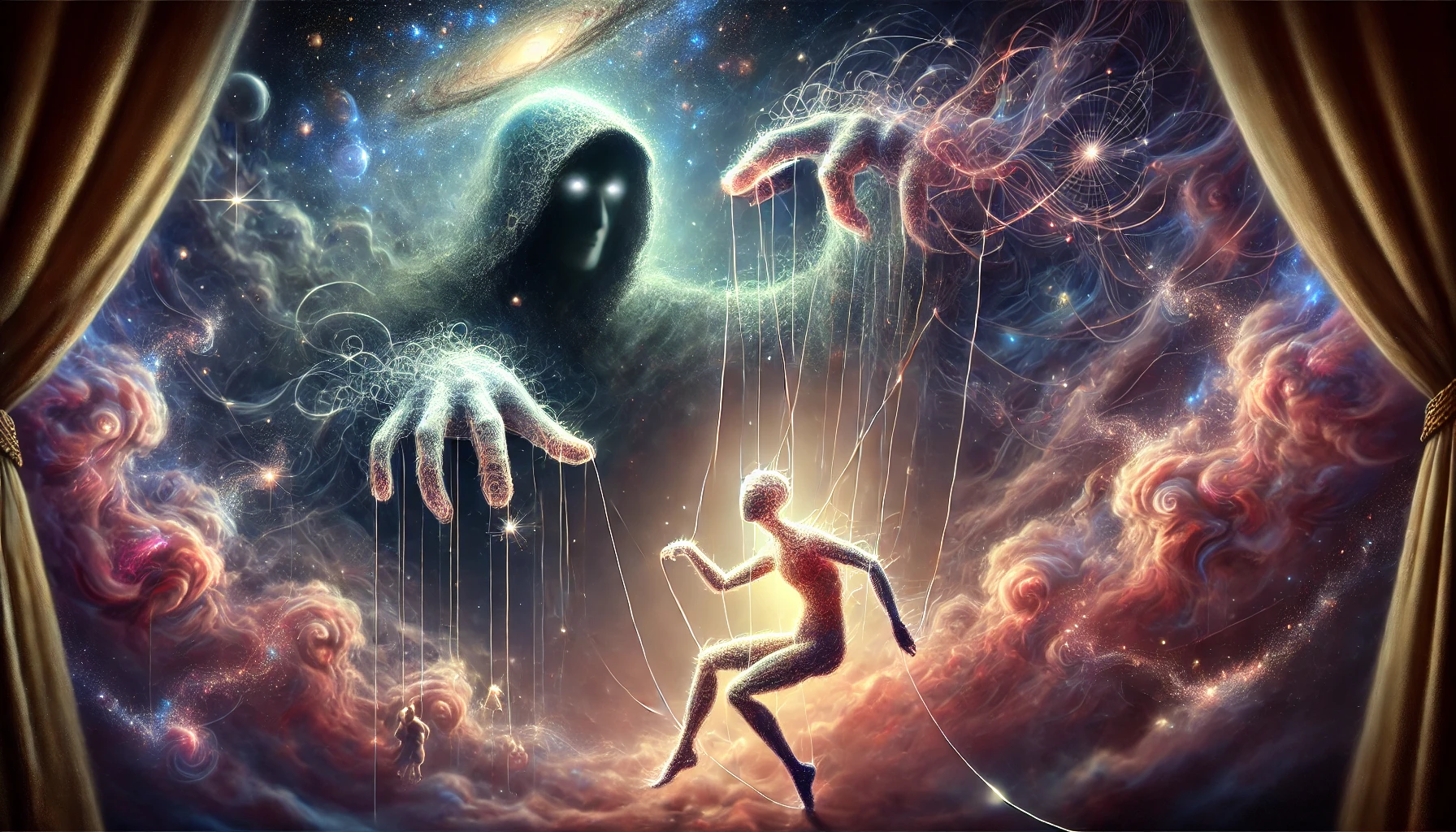

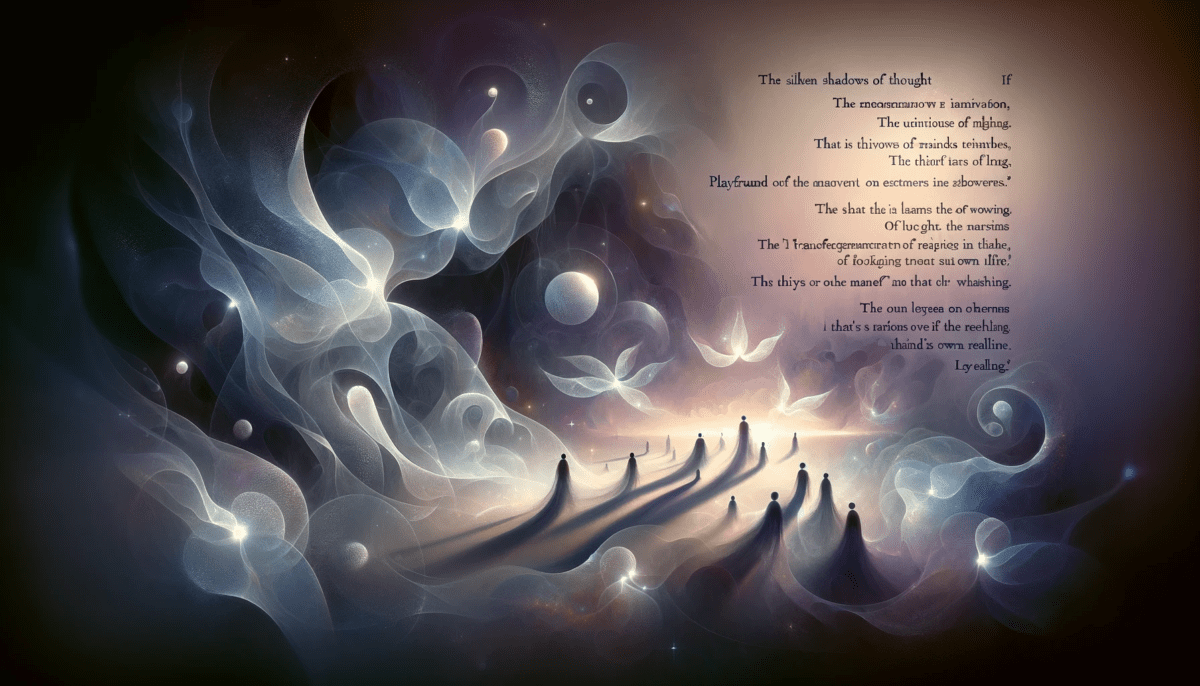





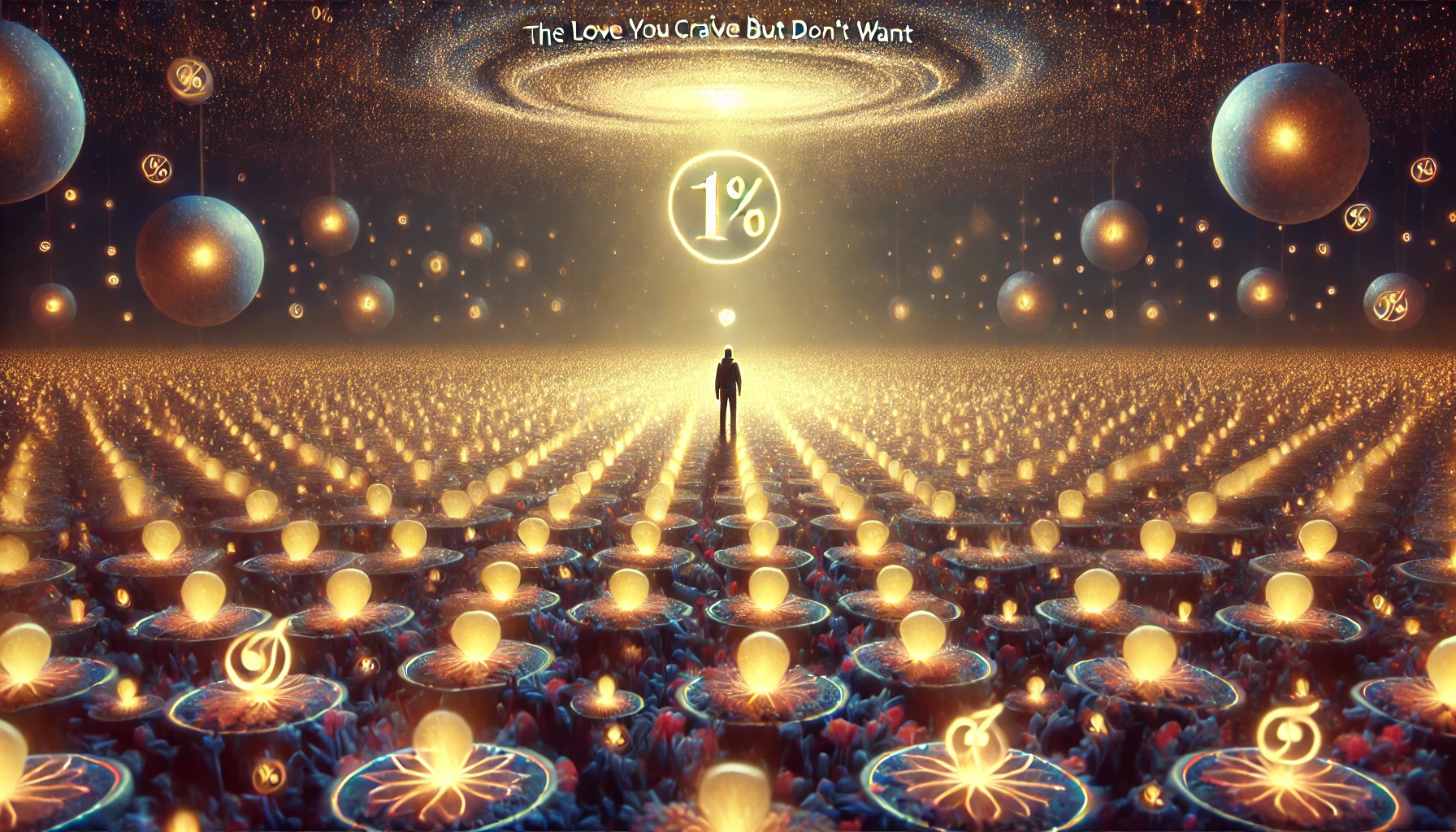




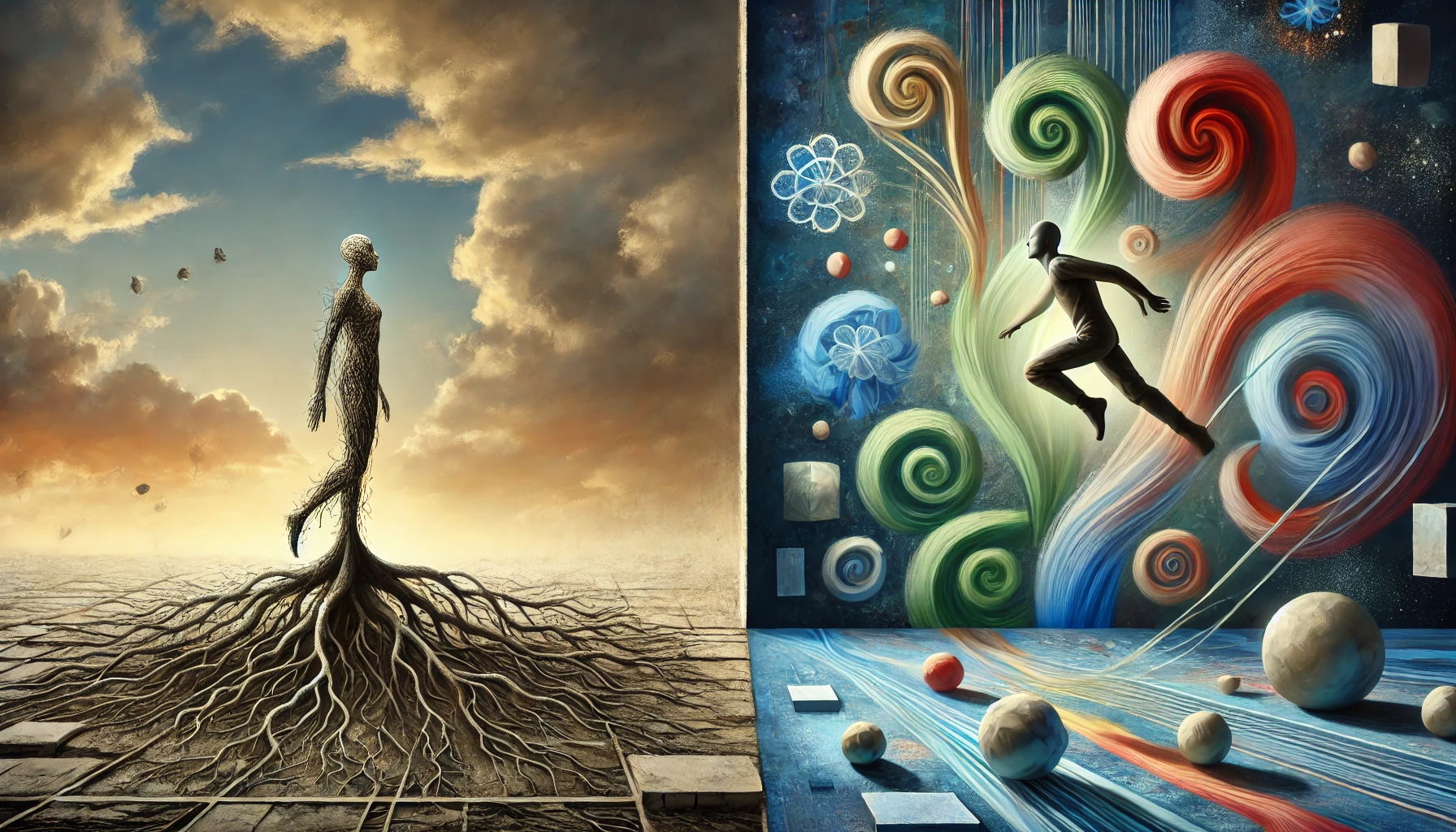





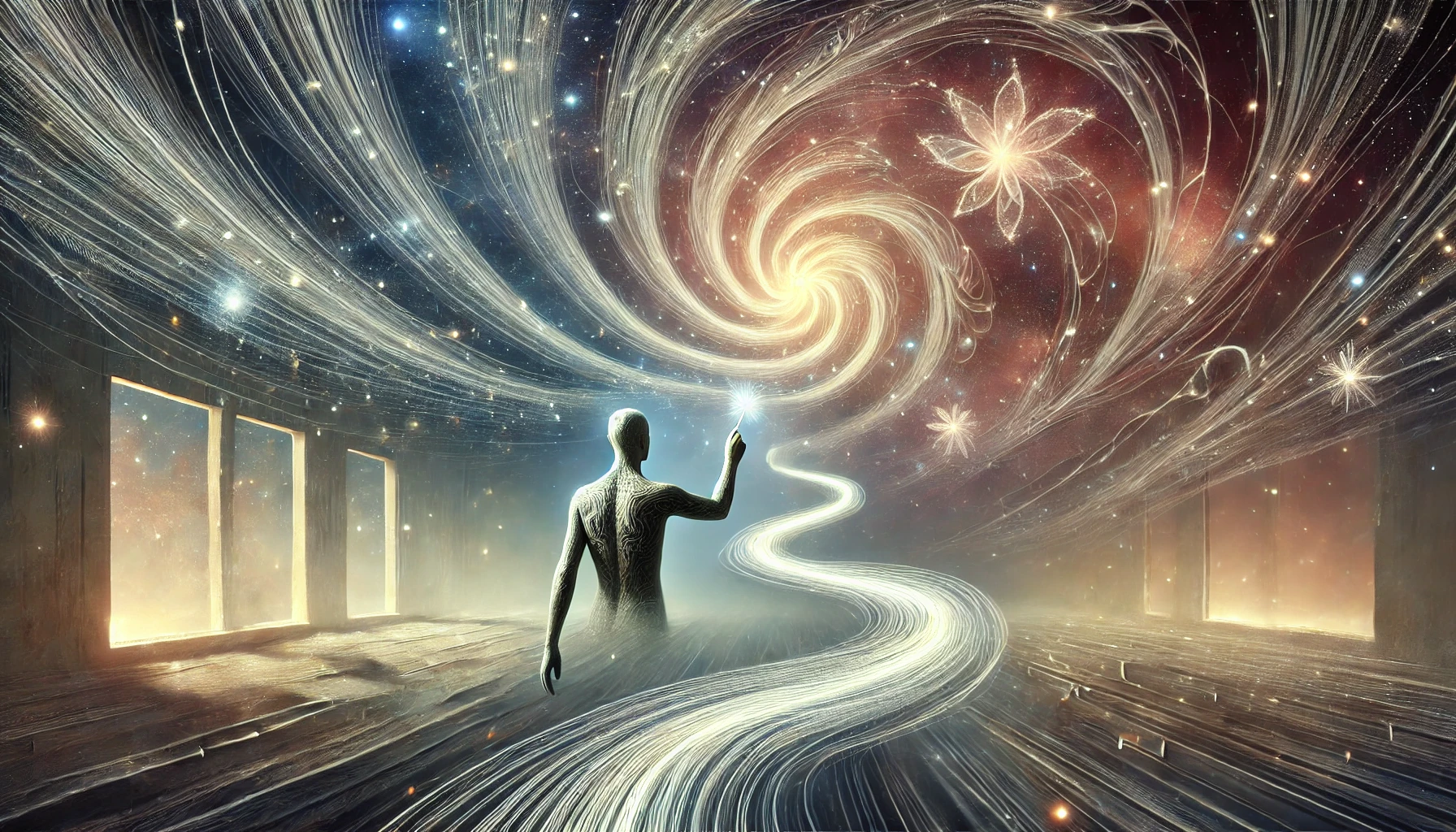
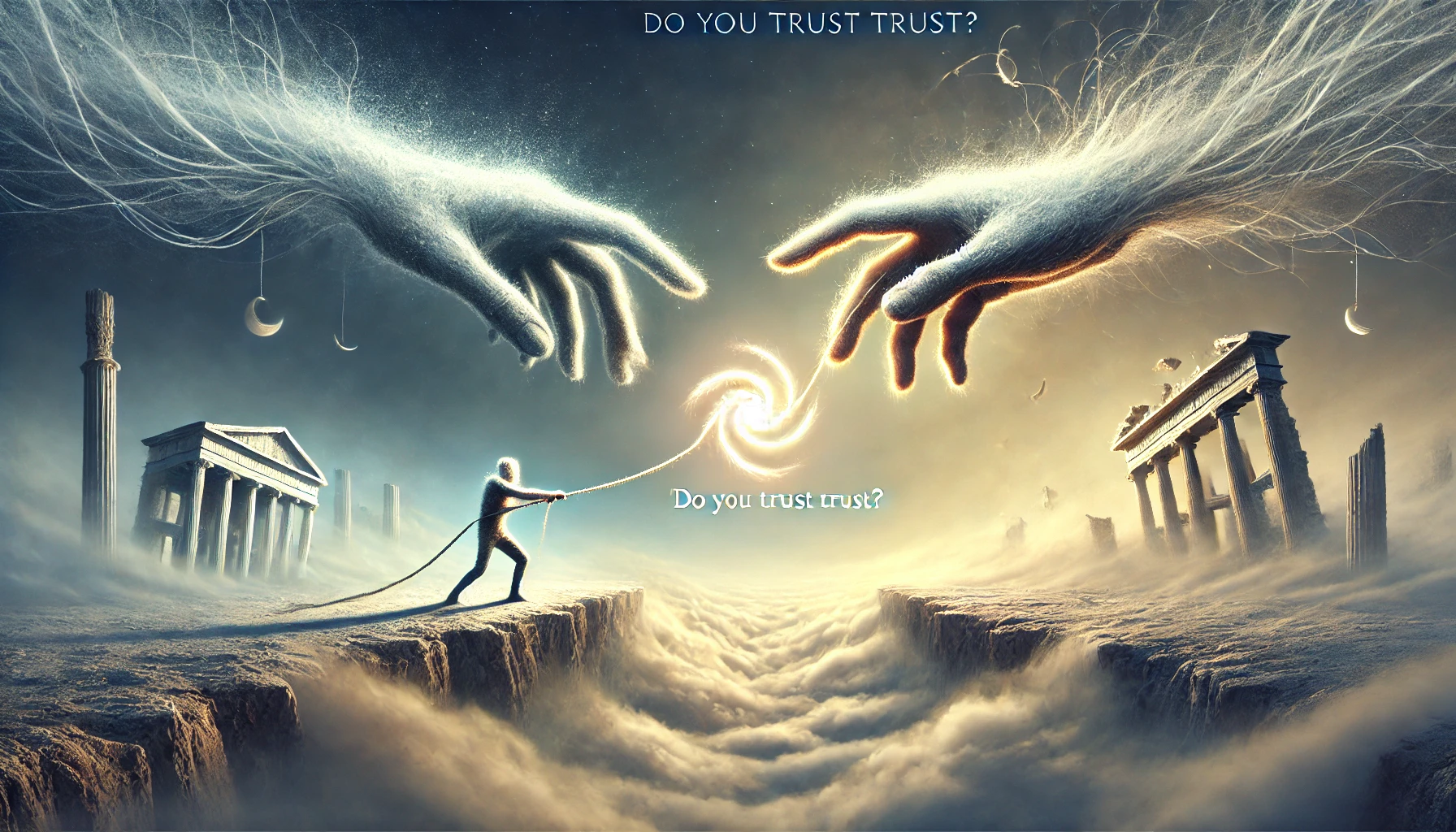

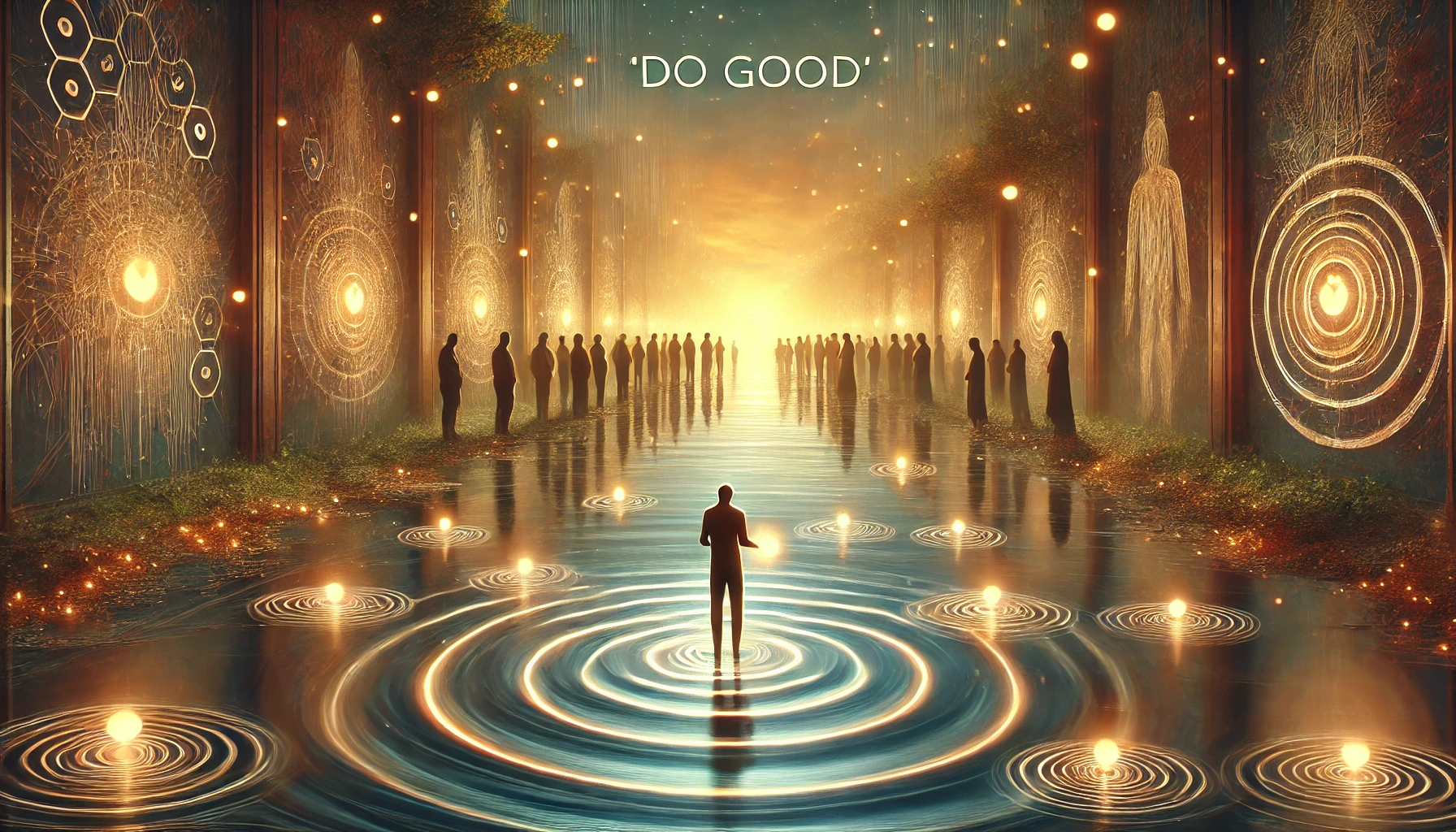
Leave a Reply